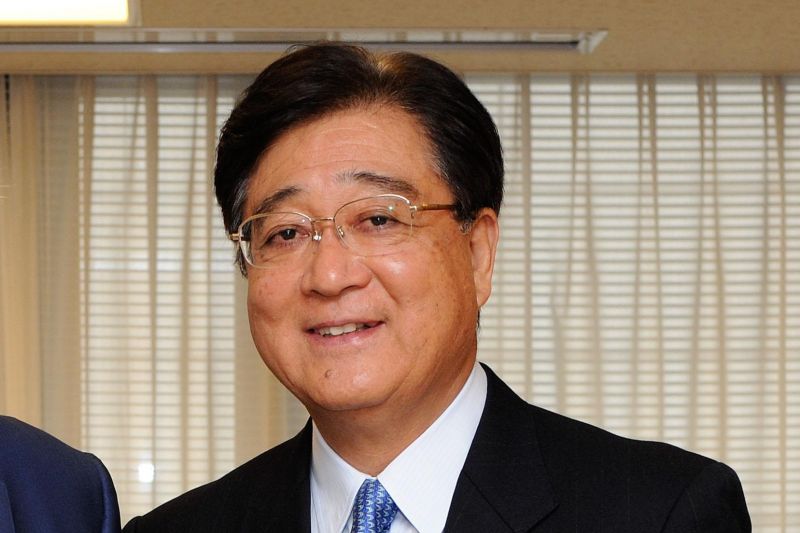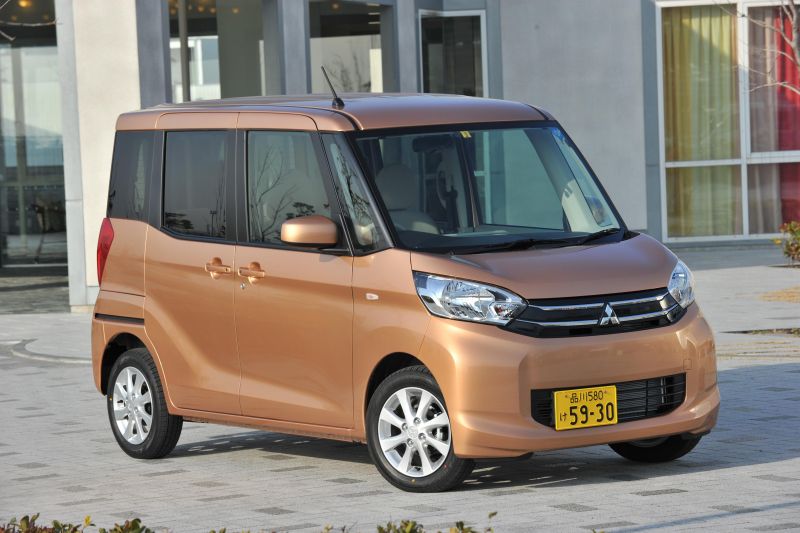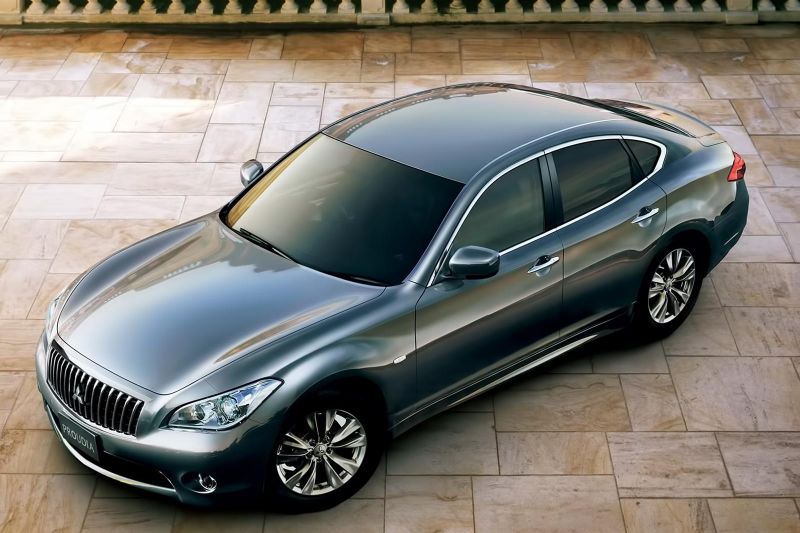Osamu Masuko has stepped down, effective immediately, as the chairman and an executive director of Mitsubishi Motors citing unnamed “health reasons”.
The 71-year old will remain as a special advisor to the automaker.
Takao Kato, the automaker’s CEO, will assume the position of chairman “temporarily”.
Masuko has been with the Mitsubishi group of companies since graduating with a degree in political science and economics from Waseda University in 1972.
He joined Mitsubishi Motors in 2004, becoming president in 2007, and was appointed CEO and chairman in 2014. He remained in the CEO role position until June 2019.
During his time in charge he saw the automaker go through many ups and downs.
For many years during his tenure, Mitsubishi operated on a heavily constrained budget, which saw it stretch out the lifespan of key models, and eventually abandon traditional passenger cars and narrow its focus down to a core group of SUVs, a ute, kei cars, and economy models targeted a developing nations.
In 2016, Masuko was at the helm when Mitsubishi admitted it had been falsifying fuel economy numbers for cars sold in its home market since 1991.
With sales stuttering and its share price down around 43 per cent, Nissan swooped in to capture 34 per cent of Mitsubishi Motors, which under Japanese corporate rules gives it effective control of the smaller automaker.
Revival plans were hatched based on platforms shared with Nissan and its alliance partner Renault.
Then in November 2018, Renault, Nissan and Mitsubishi entered crisis mode when Carlos Ghosn — then CEO of Renault, and chairman of both Nissan and Mitsubishi — was arrested in Tokyo on charges of financial misappropriation.
Although he is no longer the CEO, Masuko reportedly played a big part in Mitsubishi’s latest turnaround plan.
Dubbed “small but beautiful”, it will see the company stop developing models for Europe — effectively leaving the continent to Renault and Nissan — and concentrating on Japan, Australia and developing markets throughout Asia.






